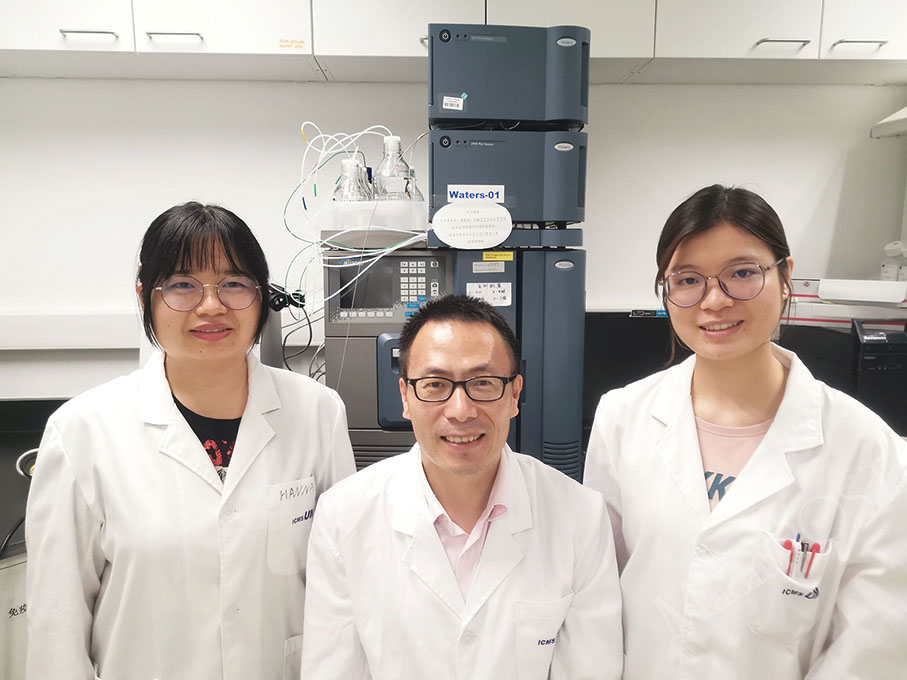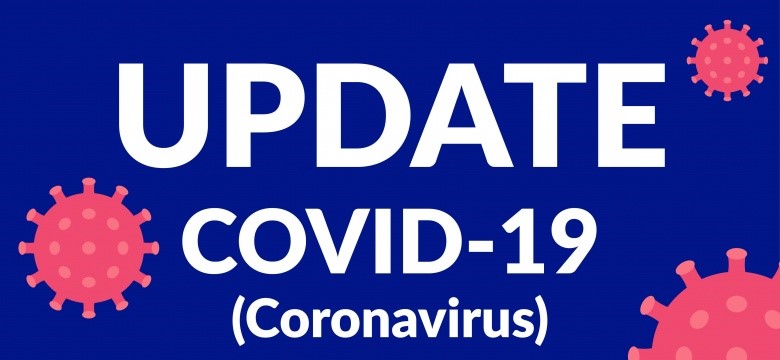At the invitation of the international journal Pharmacology & Therapeutics, a research team at the University of Macau’s (UM) Institute of Chinese Medical Sciences, led by Associate Professor Chen Xiuping, recently wrote a paper on a new type of programmed cell death and its molecular mechanisms induced by natural products, according to a statement by the public university last week.
The paper is expected to provide new strategies for cancer therapy and has been published in the medical review journal, the statement said. The monthly journal is published by Dutch publishing and analytics company Elsevier.
The statement noted that programmed cell death (PCD) is a genetically regulated process of cell suicide developed from a long evolutionary process. It removes unnecessary cells during the development and eliminates potentially cancerous cells to maintain organism homeostasis.
Apoptosis is the most common form of PCD. Recent works have identified a series of non-apoptotic PCD, such as necroptosis, ferroptosis, pyroptosis, and paraptosis, which are actively involved in the pathogenesis of various diseases, including malignant tumours, neurodegenerative diseases, as well as ischemic cardiovascular and cerebrovascular diseases. These PCDs provide potential drug targets and therapeutic strategies, the statement points out.
According to the statement, Chen and members of his team summarised the molecular mechanisms of non-apoptotic programmed cell death induced by natural products and proposed anticancer therapeutic strategies. Based on the team’s recent studies, Chen has proposed a novel cell death type – noptosis. Noptosis is an NQO1-dependent PCD mediated by oxidative stress. It will provide potential strategies for the treatment of NQO1-high expression malignant cancers.
The study was funded by Macau’s Science and Technology Development Fund. Chen is the corresponding author of the paper. PhD student Yu Jie and master’s students Zhong Bingling and Xiao Qingwen are the co-first authors of the study. More information about the study is available at https://www.sciencedirect.com/science/article/pii/S0163725820301212

Prof Chen Xiuping (centre), PhD student Yu Jie (left) and master’s student Zhong Bingling pose in this undated handout photo provided by the University of Macau last week.









